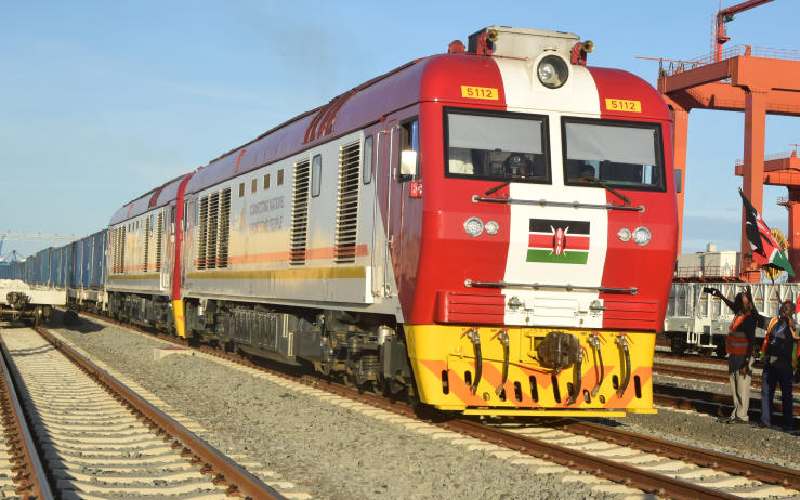×
The Standard e-Paper
Smart Minds Choose Us

Kenya Railways Corporation, in conjunction with Afristar, the Standard Gauge Railway (SGR) operator, have over the last four months maintained steady cargo evacuations from the port that has seen a reduction in backlogs.








